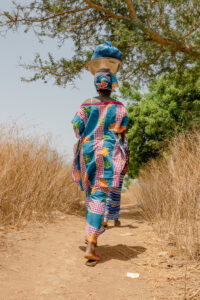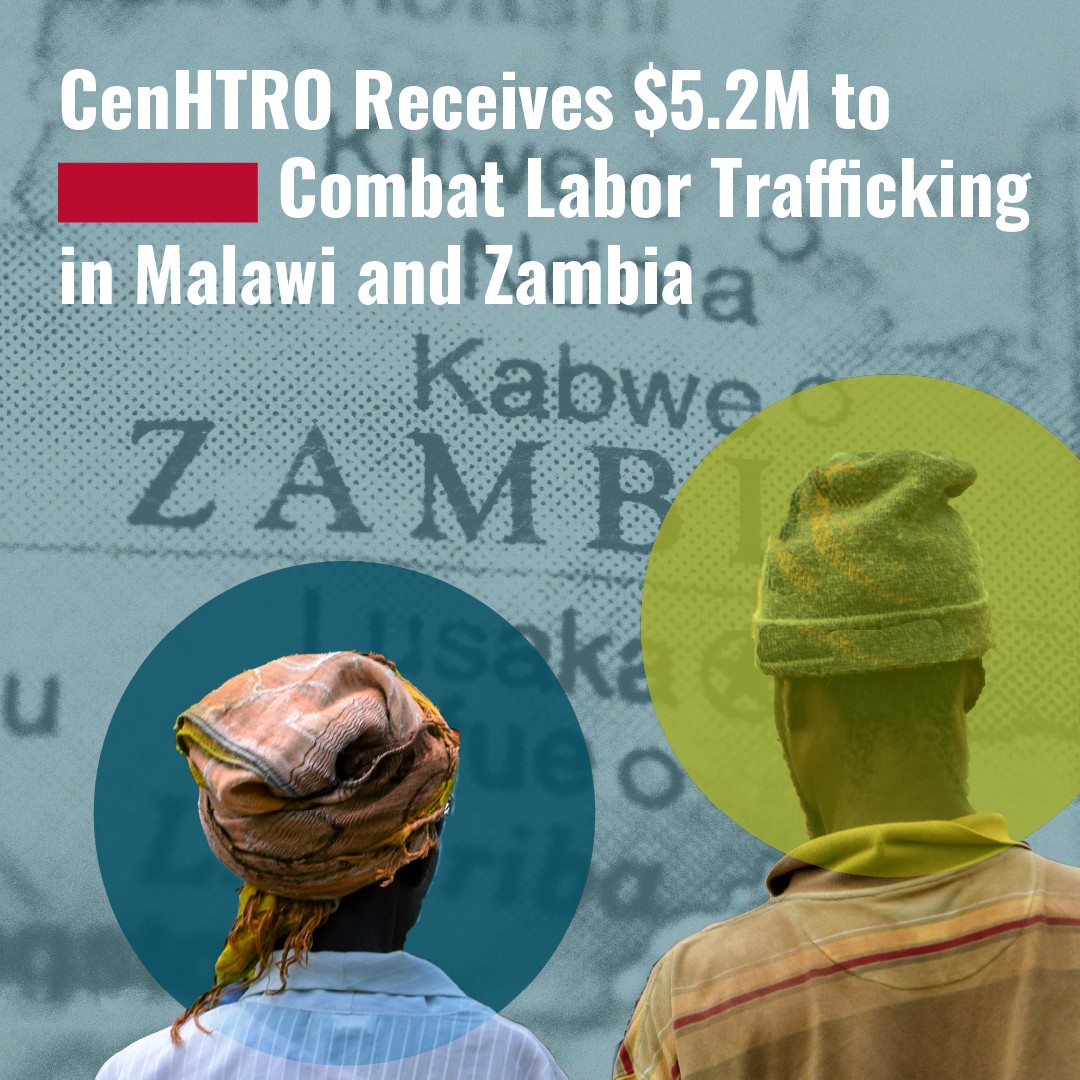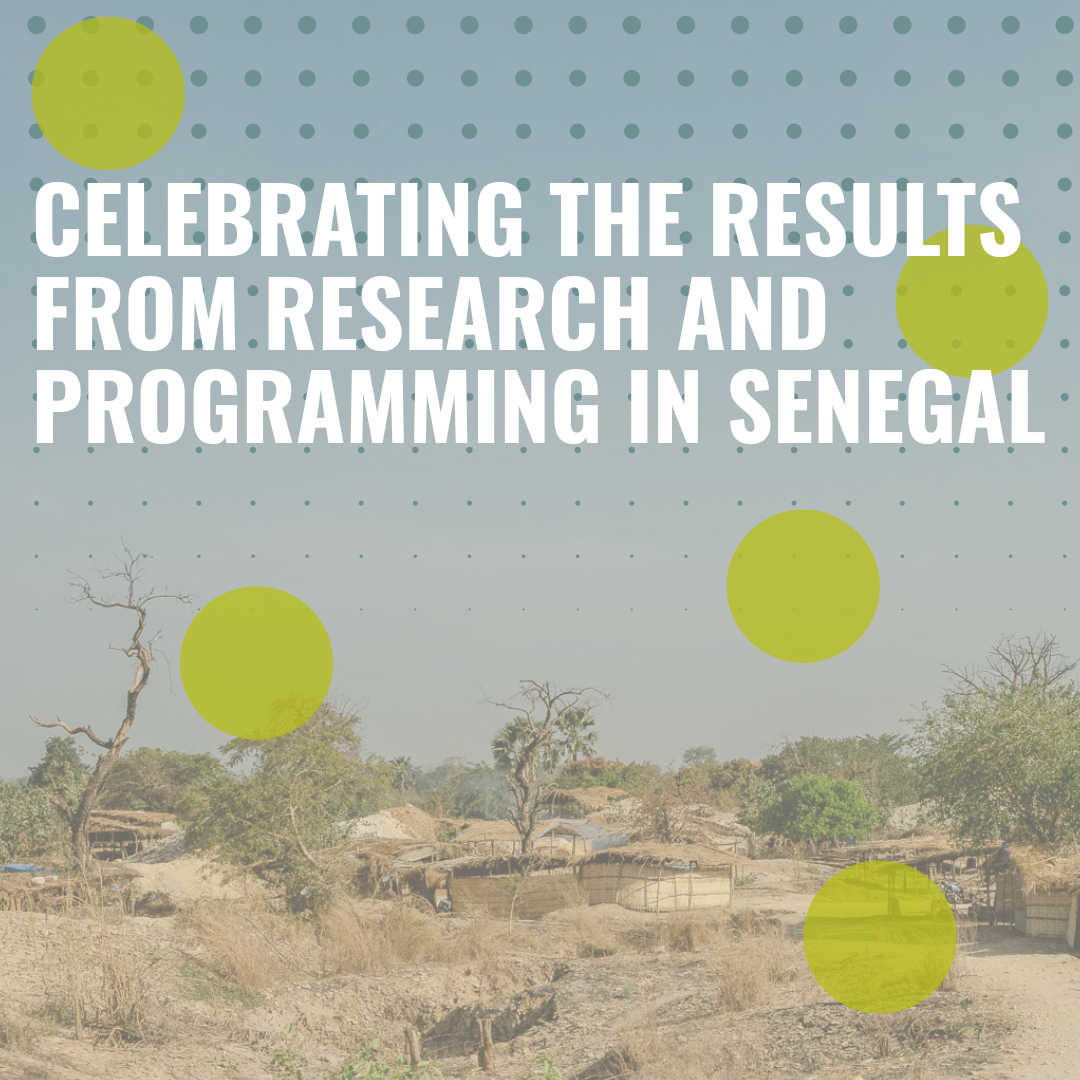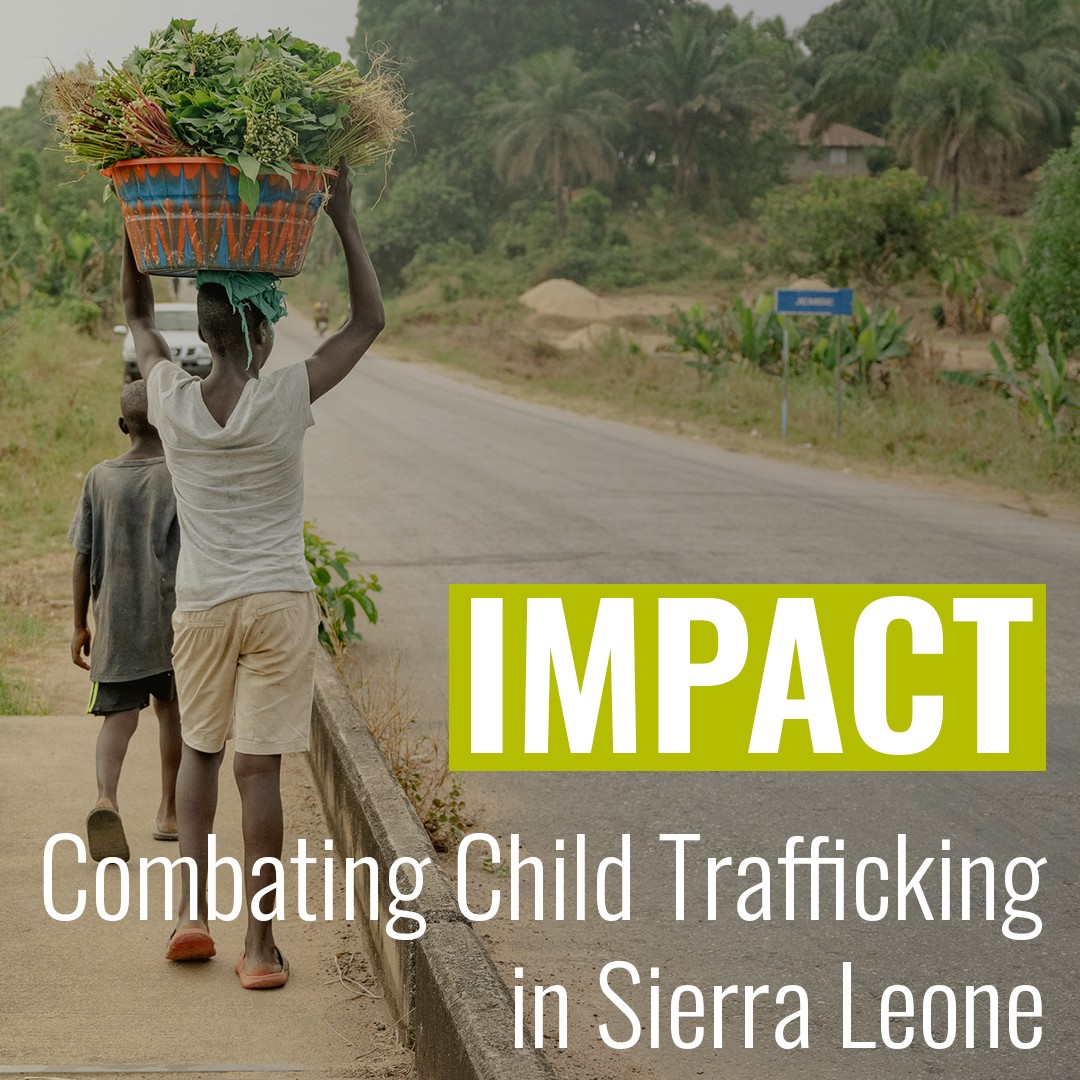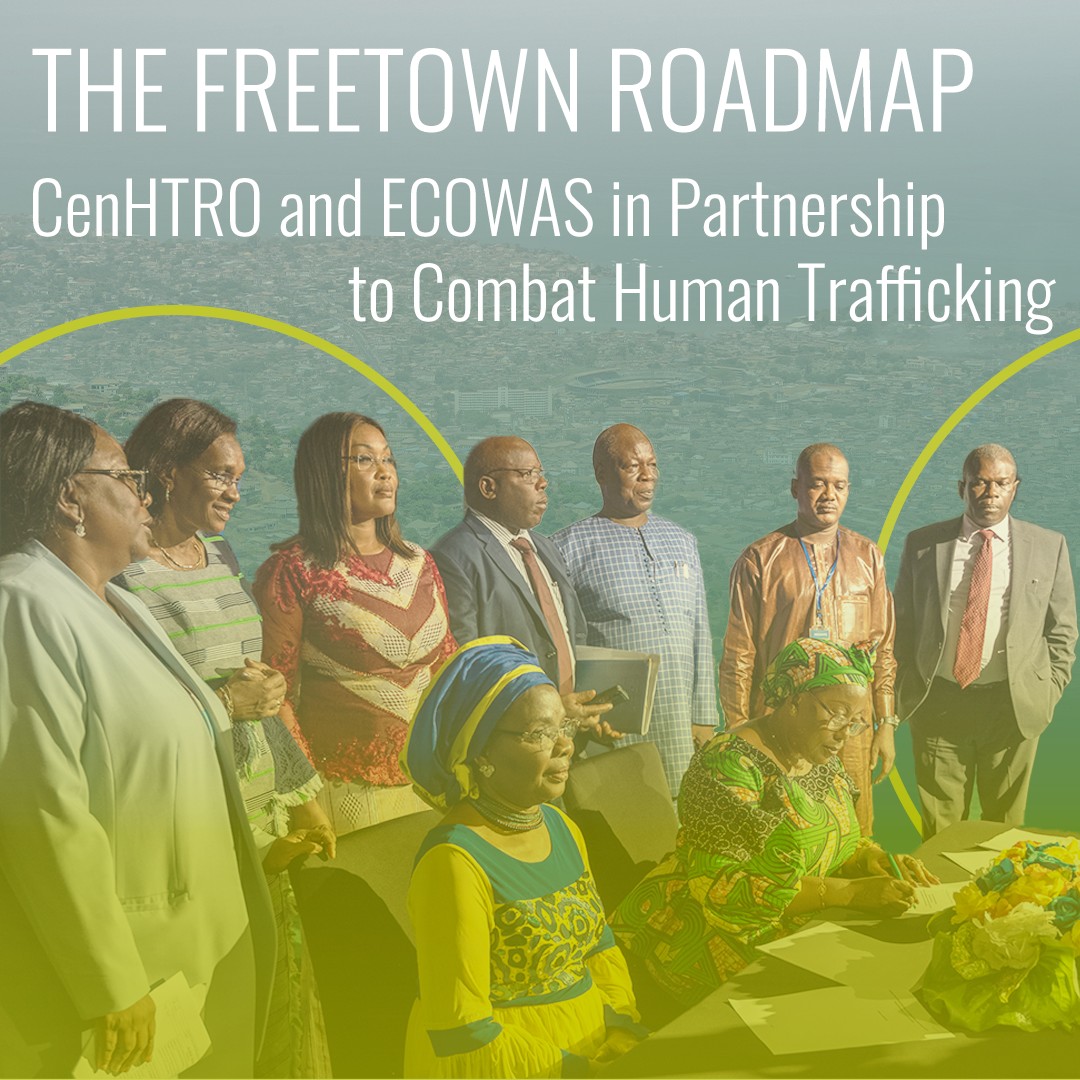Survivors are then placed in a rehabilitation center operated by La Lumière, where they receive gender-sensitive and trauma-informed care and psychosocial services as part of their recovery. At the shelter, survivors also receive legal assistance through a partnership with the Association of Senegalese Jurists (AJS). They are helped, if they so choose, to pursue justice through the appropriate judicial system.
As the majority of survivors helped through our programs have come from other countries, usually Nigeria, survivors can then decide to participate in an assisted voluntary return to their home country. Of the 163 survivors served so far, 83 have selected this option.
Back home, their jouney continues.
Survivors receive extended rehabilitation care through a partnership developed with Emmanuel World Children Foundation in Nigeria, and they participate in life and financial skills workshops. Vocational training, general education, and income-generating opportunities are made available to them, and many survivors have benefitted from these programs.
One survivor now sells footwear. She was supported to rent a shop, and later, a vendor was engaged to supply footwear, furniture, electronics, and other materials for sale. Her business continues to expand. Other survivors have been trained in trades, like cosmetology and the culinary arts. Overall, survivors are becoming less vulnerable to trafficking and, going forward, our partners are maintaining connection and communication to ensure their journey’s progress.
*Parts of this text were adapted from Free the Slaves media reports.
